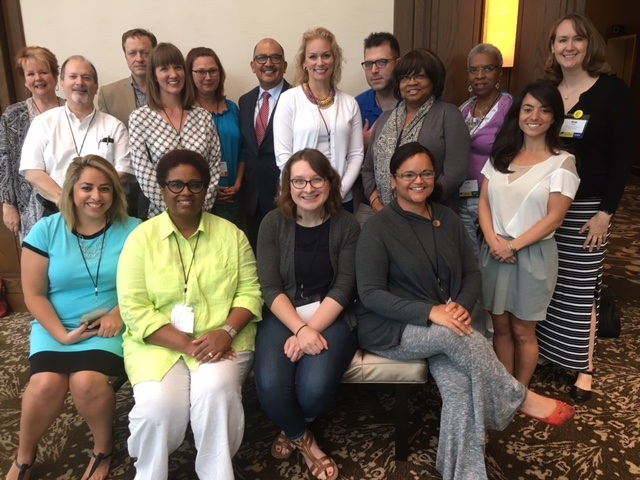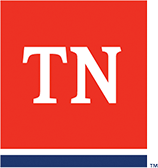Looking back at the 2016 LEAD Conference
By Kim Johnson, Director of Arts Access –

The 2016 Leadership Exchange in Arts and Disability (LEAD) conference was held in Pittsburgh, Pennsylvania August 2-6. Over 470 administrators, nonprofit leaders, educators and artists gathered to learn and celebrate the fact that every person has the right to participate in cultural and arts experiences. The conference has greatly developed from its first small gathering of 25 people in 2000. Betty Siegel, Director of VSA and Accessibility at The John F. Kennedy Center for the Performing Arts, and others have realized their vision of developing a conference where professionals nationally and internationally work on all levels for inclusion for people with disabilities.
As Director of Arts Access, this was my first LEAD conference, and it was empowering. One of my favorite conference presentations was a keynote address delivered by Jess Thom, co-founder of Touretteshero. This project, as she states, has turned her tics into a source of imaginative creativity and she now regularly performs in theater productions.
I also enjoyed networking with other state arts agency staff that work in accessibility. At a pre-conference session on Tuesday afternoon, Beth Bienvenu, Accessibility Director and Lauren Tuzzolino, Accessibility Specialist, both from the National Endowment for the Arts (NEA), facilitated a discussion with state and regional arts staff on how we can work to increase accessibility compliance, partnerships and outreach in our communities. It was the perfect opportunity to learn from others how they are implementing accessibility work in their states.
Finally, the workshops helped me develop a more comprehensive knowledge of working with people with disabilities. In particular, I learned more about technologies such as Computer Assisted Real Time Transcription (CART) and how interpreting really works.
I am encouraged by what I’ve learned and look forward to implementing some of these new practices in Tennessee. I look forward to our future work together to increase accessibility in the arts for all people.

